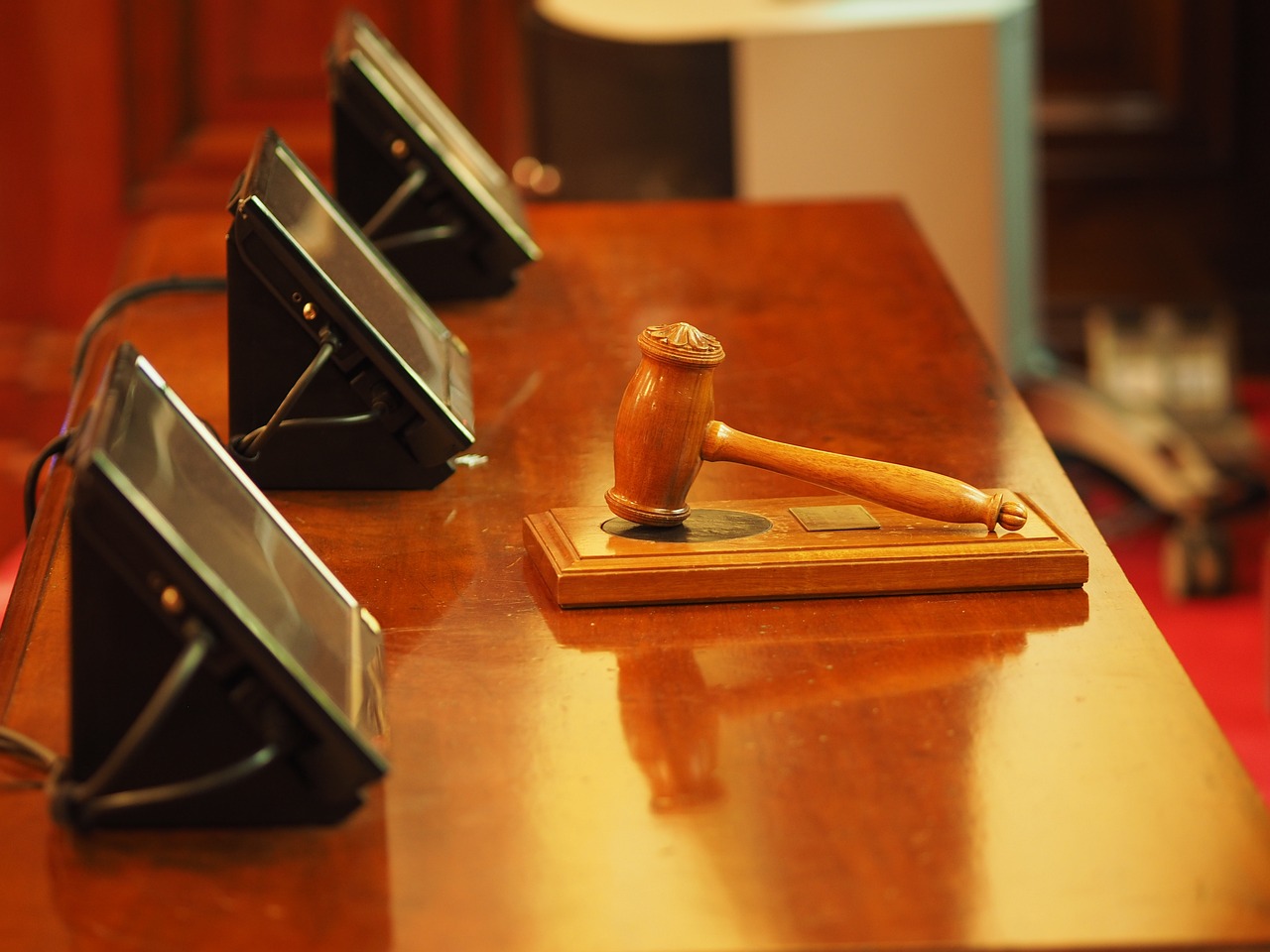The former Brazilian president has accumulated investigations and judicial proceedings ranging from offences against the electoral system and the dismal performance of his government during the Covid-19 pandemic to the coup d’état of 8 January.

Osvaldo Cardosa
On 20 October, the Federal Police (PF) began an operation into alleged espionage against thousands of people, including judges, politicians, opponents and journalists, which allegedly took place during the Bolsonaro government (2019-2022). Based on an order from the Supreme Federal Court (STF), the PF’s Operation Last Mile issued 25 search warrants and two remand warrants against two former agents of the state-run Brazilian Intelligence Agency (ABIN), Rodrigo Colli and Eduardo Arthur Yzycky. Five other ABIN workers, among them the third in command (Paulo Maurício Fortunato Pinto), were removed from their posts while the origin of some 172,000 dollars seized from them is being investigated.
The crusade is investigating the misuse by ABIN officials of the geolocation system of mobile devices without judicial authorisation.
For the moment, law enforcement has clarified that Bolsonaro is not a target of scrutiny in the case, but the media is asking to wait for him to finish “pulling the whole rope”.
The far-right politician lost last October’s elections to President Luiz Inácio Lula da Silva and, among several trials, is currently under suspicion for encouraging supporters, under shouts of military intervention, to invade and loot the capital’s National Congress, the STF and the Planalto Palace (seat of the executive branch) on 8 January.
 The Parliamentary Commission of Inquiry (CPI) into these anti-democratic episodes approved on 18 October the request for the prosecution of Bolsonaro and 60 others for the coup attempt.
The Parliamentary Commission of Inquiry (CPI) into these anti-democratic episodes approved on 18 October the request for the prosecution of Bolsonaro and 60 others for the coup attempt.
The content demands that Bolsonaro be charged with the crimes of criminal association, attempting to violently abolish the democratic rule of law, overthrowing a legitimately constituted government and the use of measures to prevent the free exercise of political rights.
“Democracy was attacked. The masses were manipulated with hate speech. Digital militiamen were employed to spread fear, disqualify opponents and promote attacks on the electoral system,” Gama denounced during the reading of the report. He asserted that “attempts were made to corrupt, obstruct and annul the elections. And they use freedom of expression to stifle it.
The letter points out that Bolsonaro is “the intellectual and moral author” of the acts perpetrated against institutions on that date, marked in black in national history. Although the Superior Electoral Court (TSE) recently shelved the trial of three actions against Bolsonaro, the ex-uniformed officer is still the subject of 12 other ongoing cases in that court, in addition to having been convicted in one case.
The former president’s legal front at the TSE includes 16 cases in total.
By five votes to two, the court in June convicted Bolsonaro of abuse of political power and misuse of the media.
 During a meeting with ambassadors in July 2022 at the Alvorada Palace (official residence of the Presidency), he lied about the electoral system and attacked electronic ballot boxes without evidence.
During a meeting with ambassadors in July 2022 at the Alvorada Palace (official residence of the Presidency), he lied about the electoral system and attacked electronic ballot boxes without evidence.
Bolsonaro’s ineligibility for eight years (until 2030), determined on that occasion by the TSE, strengthened the possibility that he could also be convicted of other crimes.
It is also being investigated whether the ex-governor put the outcome of the last elections in jeopardy, before and after the vote. In addition to the use of official residences for elective purposes, three other actions are being processed together and are analysing whether the then president used any of them during the official commemoration of the Bicentenary of Independence in 2022 to promote his candidacy for re-election. PL
(Translated by Cristina Popa – Email: gcpopa83@gmail.com) – Photos: Pixabay












.jpg)












